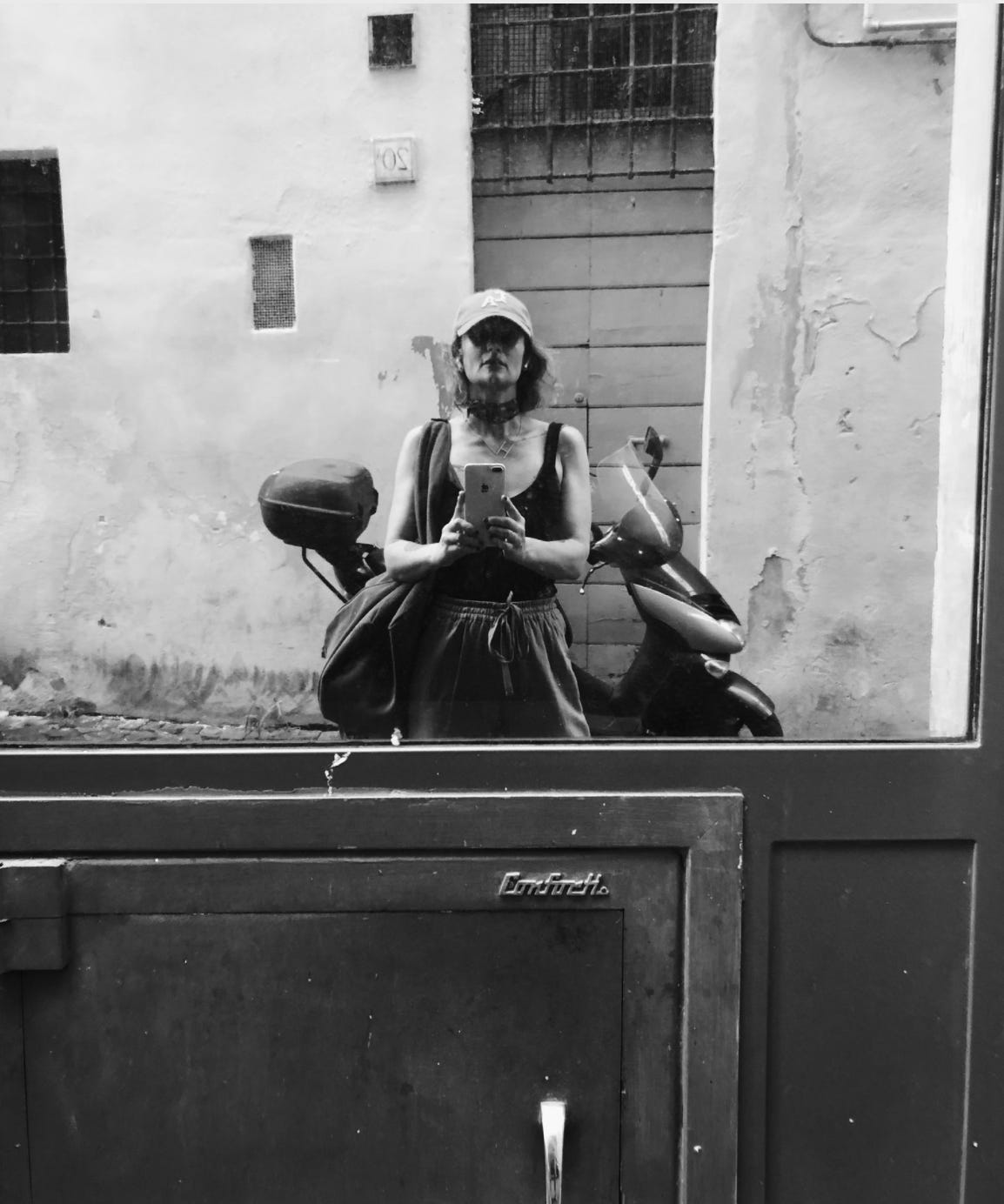In December 2012, after sixty plus days of uninterrupted sobriety, I found myself in a circle of colleagues, pre-partying at my friend Geoff's house before a company Christmas party, whiskey shot in hand. It wasn't much of a secret that I'd quit drinking at that point; I'd told everyone I knew, though I hadn’t exactly explained why I’d quit drinking. Th…
Keep reading with a 7-day free trial
Subscribe to Recovering to keep reading this post and get 7 days of free access to the full post archives.




